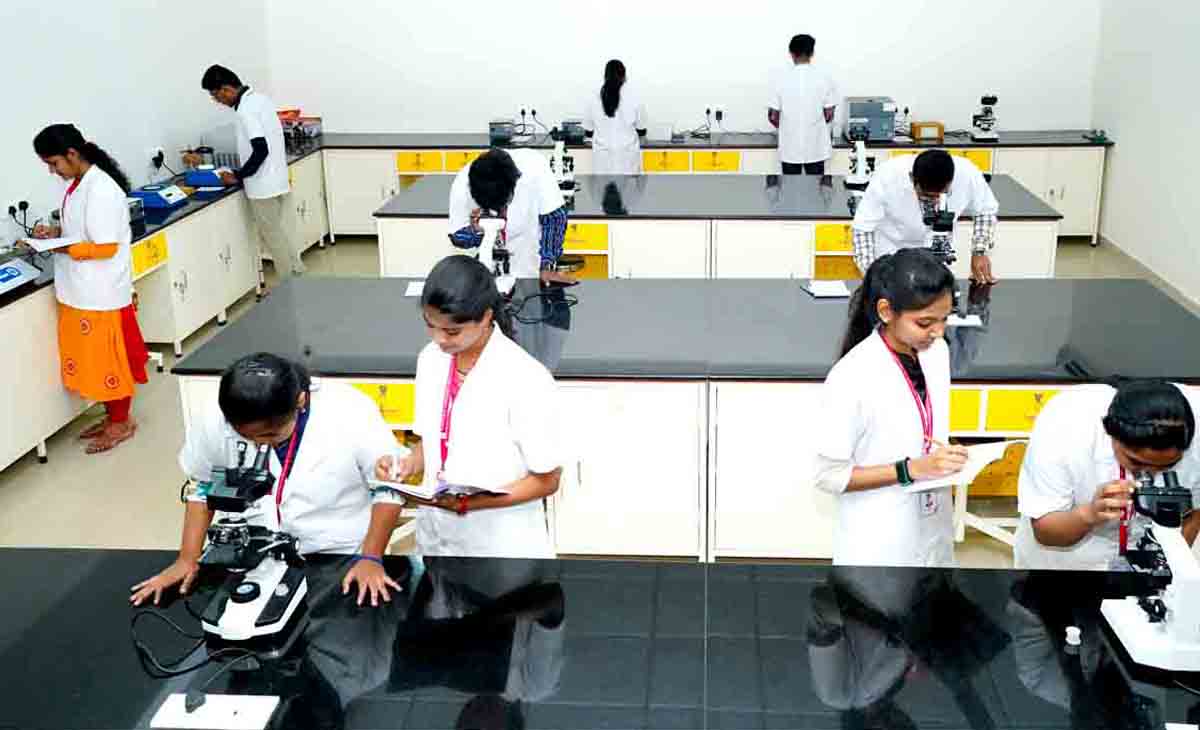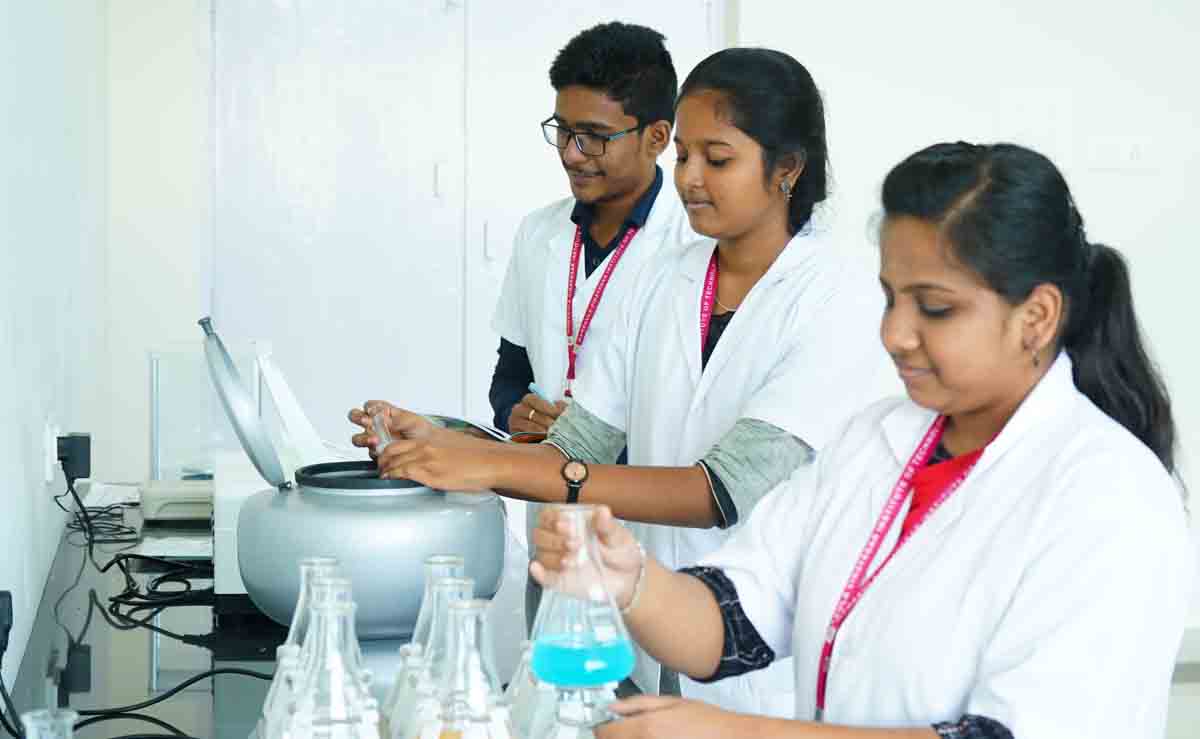
The Department of Food Technology
About the Department
In recent years, Food technology has emerged as an interesting field for students aspiring to work in the food industry. Due to increasing demand and interest for pursuing this course, our college has started the degree course in Food Technology. The course is exhaustive one which covers every aspect of food technology, food processing, food science and chemistry of food, food safety, and microbiological aspects of food, food engineering and food packaging. Along with intensive classroom teaching and laboratory based practical classes; the course also aims to provide hands-on-experience to the students through educational tours, seminars, projects and industrial trainings.
In this past growing era, processed food is of much importance as it help the new generation to tackle their life situations. But this has resulted in drastic health problems.
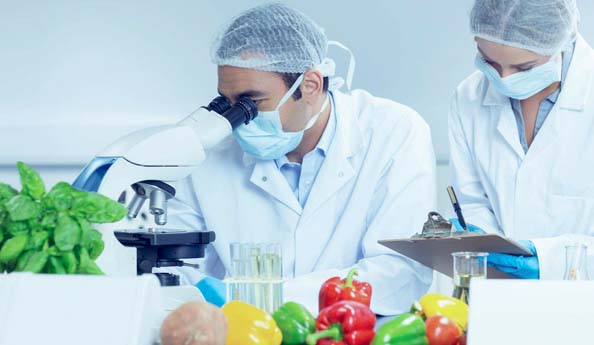
- Food formulation and assessment
- Process design and control
- Product research and development of food
- Manufacturing and processing of food
- Quality management and food safety
Department Vision and Mission
Vision
To be a centre of excellence in Food Technology for dissemination of knowledge and skills through innovative teaching, quality research and outreach for the development of food processing sector and society.
Mission
Department of Food Technology is committed.
Higher Order Thinking: To provide unique and multidisciplinary learning experience by imparting fundamental concepts, analytical and problem solving skills to produce competent and ethical Food Technologists.
Competency: To integrate academic, collaborative research and consultancy initiatives with academic institutions in India and abroad, food processing industries, Research and Development organizations to explore novel techniques and innovative products to meet the industrial and societal needs.
Continuous learning: To endeavour for constant upgradation of technical expertise through continuous learning and to address problems in food safety and security through technological interventions.
Entrepreneurship: To inculcate the spirit of leadership and entrepreneurial skills with ethical values to be a successful entrepreneur with social conce.
Programme Educational Objectives (PEOs)
Department of Food Technology will
PEO1: Employability: The Graduates exhibit professional competency and knowledge of modern tools and shall be suitably employed in food processing industries.
PEO2: Higher Education: The Graduates shall be capable to pursue higher studies/research in the field of engineering and management.
PEO3: Entrepreneurship: The Graduates shall be prepared for a successful career by meeting ever increasing demands required by Food Technology profession and enable them to become an entrepreneur.
PEO4: Professional and Ethical values: The Graduates cultivate professional and ethical attitude with effective communication skills, team work and multidisciplinary approach related to the issues in food processing sector.
Programme Outcomes (POs)
PO1: Engineering knowledge: Apply knowledge of mathematics, natural science, computing, engineering fundamentals and an engineering specialization as specified in WK1 to WK4 respectively to develop to the solution of complex engineering problems.
PO2: Problem analysis: Identify, formulate, review research literature and analyze complex engineering problems reaching substantiated conclusions with consideration for sustainable development.
PO3: Design/Development of Solutions: Design creative solutions for complex engineering problems and design/develop systems/components/processes to meet identified needs with consideration for the public health and safety, whole-life cost, net zero carbon, culture, society and environment as required.
PO4: Conduct Investigations of Complex Problems: Conduct investigations of complex engineering problems using research-based knowledge including design of experiments, modelling, analysis & interpretation of data to provide valid conclusions.
PO5: Engineering Tool Usage: Create, select and apply appropriate techniques, resources and modern engineering & IT tools, including prediction and modelling recognizing their limitations to solve complex engineering problems.
PO6: The Engineer and The World: Analyze and evaluate societal and environmental aspects while solving complex engineering problems for its impact on sustainability with reference to economy, health, safety, legal framework, culture and environment.
PO7: Ethics: Apply ethical principles and commit to professional ethics, human values, diversity and inclusion; adhere to national & international laws.
PO8: Individual and Collaborative Team work: Function effectively as an individual, and as a member or leader in diverse/multi-disciplinary teams. PO9: Communication: Communicate effectively and inclusively within the engineering community and society at large, such as being able to comprehend and write effective reports and design documentation, make effective presentations considering cultural, language, and learning differences.
PO9: Project Management and Finance: Apply knowledge and understanding of engineering management principles and economic decision-making and apply these to one’s own work, as a member and leader in a team, and to manage projects and in multidisciplinary environments.
PO10: Life-Long Learning:Recognize the need for, and have the preparation and ability for i) independent and life-long learning ii) adaptability to new and emerging technologies and iii) critical thinking in the broadest context of technological change.
Program Specific Outcomes (PSOs)
PSO1: Design Thinking and Problem solving
Provide solutions for the problems and challenges in food processing industries by applying basic engineering and professional knowledge, critical thinking and problem solving skills.
PSO2: Process and Products Development
Design and develop innovative processing techniques and food products using modern tools and cutting edge technologies in food processing.
Welcome Message
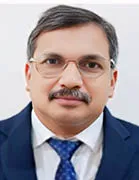
Dr.D.Tiroutchelvame, M.Tech., Ph.D,Associate Professor and HoD i/c,
With warm greetings and great respect, I extend a heartfelt welcome to all of you to the Department of Food Technology at Manakula Vinayagar Institute of Technology.
The B.Tech Food Technology programme at our institute is uniquely designed to meet the growing demand for skilled professionals in the modern food industry that plays a pivotal role in ensuring global food security and economic growth. Since the department’s inception in 2020, we have been steadfast in our mission to empower students with the technical expertise, practical skills, and innovative mindset needed to excel in this dynamic field.
Our four-year programme integrates strong theoretical foundations with experiential learning, supported by well-equipped laboratories, industry-aligned curriculum, and exposure to the latest advancements in food science and technology. Our dedicated faculty members not only focus on academic excellence but also actively mentor students in co-curricular pursuits, research initiatives, and career development.
Students are encouraged to explore their potential through workshops, seminars, internships, and industrial visits, while also receiving guidance for higher education and placement in diverse areas such as quality assurance, research and development, and food entrepreneurship.
I strongly encourage aspiring students to join our programme and become part of a vibrant community committed to advancing sustainable food systems and contributing meaningfully to the well-being of society.
Programs
Department of Food Technology
Department of Food Technology at Manakula Vinayagar Institute of Technology offers a B.Tech in Food Technology, focusing on food processing, preservation, and quality control techniques. We emphasize innovative solutions in food safety, sustainable practices, and advancements in food science to address real-world challenges in the food industry.
Achievements
Faculty
The Department of Food Technology boasts a faculty of talented professionals who integrate interdisciplinary and innovative approaches into the curriculum. They educate undergraduate students, lead research initiatives, and organize seminars, symposiums, national conferences, guest lectures, and workshops. Faculty members also secure grants from various professional organizations, which they utilize to enhance the department’s laboratories and conduct rural development programs focused on food safety and sustainability.
Newsletter
Core Competencies
- Food Chemistry and Analysis
- Food Microbiology and Toxicology
- Food Quality and Safety Assurance
- Food Packaging and Labelling
- Innovation and Food Product Development
Curriculum and Syllabi
Course Outcome
Major Events
Extra Curricular Activity
Attainment
MoU
Industry Interaction
Alumni Students
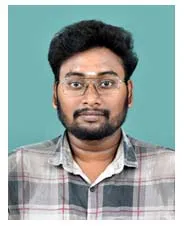
Prakash Kumar . S
E.I.D. Parry (India) Ltd,
Salem
Batch : 2020-24
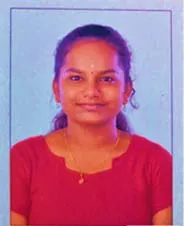
Priyadharshini R
Kongu Engineering College,
Erode
Batch : 2020-24

Ugendiran . S
Arul Appam Depot,
Chennai.
Batch : 2020-24
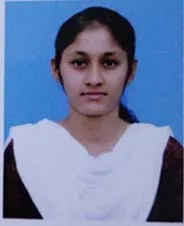
Amirtha Varshini . M
Tech Mahindra,
Chennai
Batch : 2020-24
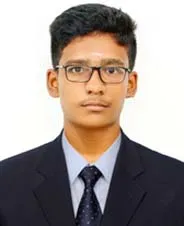
GRB Dairy Foods,
Hosur
Batch : 2020-24
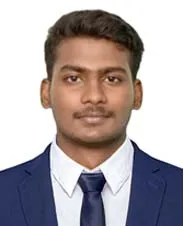
Kaviyan Trainee . P
Unavar Food Inspection and Certification Private Limited,
Chennai.
Batch : 2021-25

Loghapriya . P
Parikshan Pvt Ltd,
Chennai,
Batch : 2021-25

M. Jainul Abudeen,
Madurai
Batch : 2021-25

S. Hemachandarr
Inventory Manager,
Bengaluru,
Batch : 2021-25
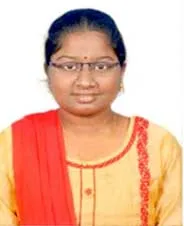
Djeocika Lizy
SRM Institute of Science and Technology,
Chengalpattu,
Batch : 2021-25
BoS

If you have any inquiries regarding the department, please feel free to reach out to us. We are here to assist you with any questions or information you may need. Dr.D.Tiroutchelvame, M.Tech., Ph.D,Associate Professor and HoD i/c Department of Food Technology


